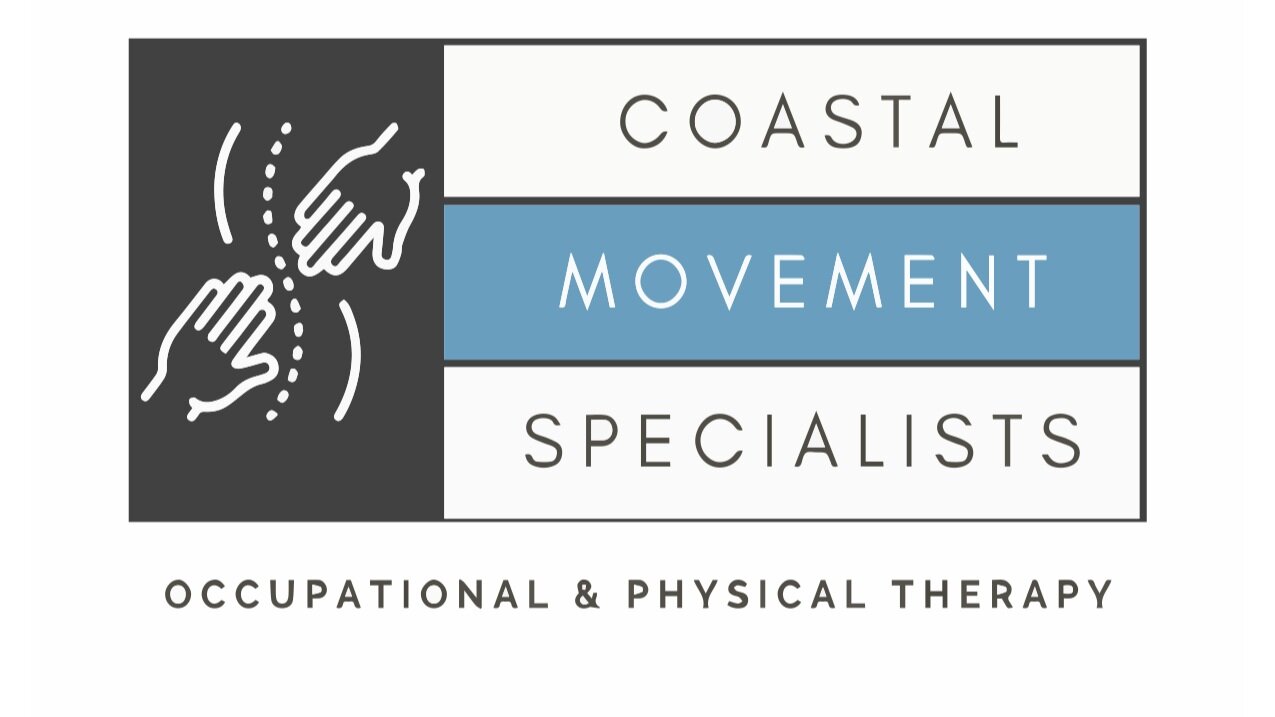Torn Meniscus Physical Therapy Charleston, SC
Although the knee is a strong joint, it is not as flexible as other joints in your body, such as your shoulder. Three bones and several types of soft tissue make up your knee joints. When you sprain or tear one of these soft tissues, you can experience significant pain and loss of mobility that hinders your daily and recreational activities. The trained physical therapists at Coastal Movement Specialists are here to help our clients relieve their pain and live active and fulfilled lives. Learn more below and contact us today to schedule an appointment in our Johns Island, SC office.
+ What Is A Torn Meniscus?
In addition to bones, the soft tissues that form the knee include muscles, tendons, and cartilage, such as the menisci. These wedges of cartilage lie between the bones of your upper and lower leg. The lateral meniscus is on the outside, and the medial meniscus is on the inside of both knees. Each meniscus functions to absorb the shock between the knee bones and stabilize it when standing or moving. When someone mentions torn knee cartilage, they typically are talking about a torn meniscus.
+ What Are The Symptoms Of A Torn Meniscus?
You might experience a “pop” with a torn meniscus and remain able to walk. Even athletes can sometimes continue playing with a meniscus tear. However, after a couple of days, you may develop symptoms, such as:
• Pain
• Swelling and stiffness
• A locked knee feeling
• Limping
• Unable to bend or fully extend the knee
+ What Causes A Torn Meniscus?
A torn meniscus is a frequently treated knee injury that can result from several causes including:
• A vigorous twist or rotation of the knee
• Suddenly planting your foot and pivoting
• Quickly stopping and turning
• Kneeling down
• Deep squatting
• Lifting heavy objects
• Degeneration of the cartilage with age
+ What Are The Risk Factors For a Torn Meniscus?
Several factors can increase your risk for a torn meniscus, including:
• Age older than sixty
• Male gender
• Occupational kneeling and squatting
• Climbing stairs
• Playing sports such as soccer, rugby, tennis, and basketball
• Any activity that requires twisting or pivoting your knee
+ How Is A Torn Meniscus Diagnosed?
A torn meniscus can often be diagnosed during a physical exam by moving your leg into different positions and observing you walk and squat. Additional tests such as X-rays and an MRI can confirm the diagnosis and check for any other injuries.
+ How Is A Torn Meniscus Treated?
Treatment for a torn meniscus can include:
• Rest
• Medications
• Physical Therapy
• Arthroscopy
• Surgery
+ How Can Physical Therapy Help?
Whether it’s treating the meniscal tear or rehabilitation after surgery, physical therapy can help you strengthen and stabilize your knee. We design a treatment plan tailored to your specific needs so that you safely return to all your activities. Your treatment may include:
• Strength training
• Isometric exercises
• Exercise ball and band exercises
• Functional training
• Therapeutic activities and training
• Balance training
Schedule an Appointment
Located on Johns Island, SC, Coastal Movement Specialists serves the entire Charleston area. Contact us today to schedule an appointment with our experienced physical or occupational therapists.
